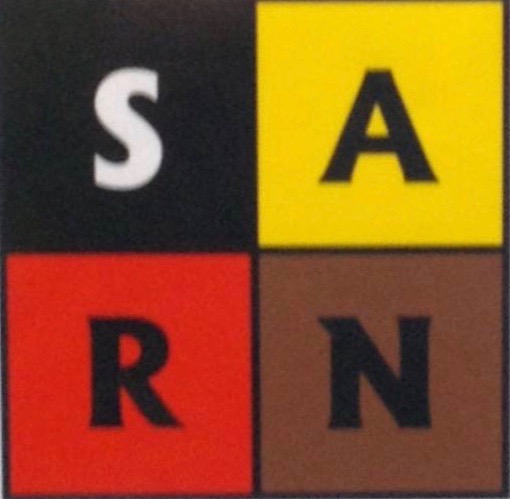Poet biography
The Sign in My Father’s Hands
for Frank Espada
The beer company
did not hire Blacks or Puerto Ricans,
so my father joined the picket line
at the Schaefer Beer Pavilion, New York World’s Fair,
amid the crowds glaring with canine hostility.
But the cops brandished nightsticks
and handcuffs to protect the beer,
and my father disappeared.
In 1964, I had never tasted beer,
and no one told me about the picket signs
torn in two by the cops of brewery.
I knew what dead was: dead was a cat
overrun with parasites and dumped
in the hallway incinerator.
I knew my father was dead.
I went mute and filmy-eyed, the slow boy
who did not hear the question in school.
I sat studying his framed photograph
like a mirror, my darker face.
Days later, he appeared in the doorway
grinning with his gilded tooth.
Not dead, though I would come to learn
that sometimes Puerto Ricans die
in jail, with bruises no one can explain
swelling their eyes shut.
I would learn too that “boycott”
is not a boy’s haircut,
that I could sketch a picket line
on the blank side of a leaflet.
That day my father returned
from the netherworld
easily as riding the elevator to apartment 14F,
and the brewery cops could only watch
in drunken disappointment.
I searched my father’s hands
for a sign of the miracle.
Sleeping on the Bus
How we drift in the twilight of bus stations,
how we shrink in overcoats as we sit,
how we wait for the loudspeaker
to tell us when the bus is leaving,
how we bang on soda machines
for lost silver, how bewildered we are
at the vision of our own faces
in white-lit bathroom mirrors.
How we forget the bus stations of Alabama,
Birmingham to Montgomery,
how the Freedom Riders were abandoned
to the beckoning mob, how afterwards
their faces were tender and lopsided as spoiled fruit,
fingers searching the mouth for lost teeth,
and how the riders, descendants
of Africa and Europe both, kept riding
even as the mob with pleading hands wept fiercely
for the ancient laws of segregation.
How we forget Biloxi, Mississippi, a decade before,
where no witnesses spoke to cameras,
how a brown man in military uniform
was pulled from the bus by police
when he sneered at the custom of the back seat,
how the magistrate proclaimed a week in jail
and went back to bed with a shot of whiskey,
how the brownskinned soldier could not sleep
as he listened for the prowling of his jailers,
the muttering and cardplaying of the hangmen
they might become.
His name is not in the index;
he did not tell his family for years.
How he told me, and still I forget.
How we doze upright on buses,
how the night overtakes us
in the babble of headphones,
how the singing and clapping
of another generation
fade like distant radio
as we ride, forehead
heavy on the window,
how we sleep, how we sleep.
